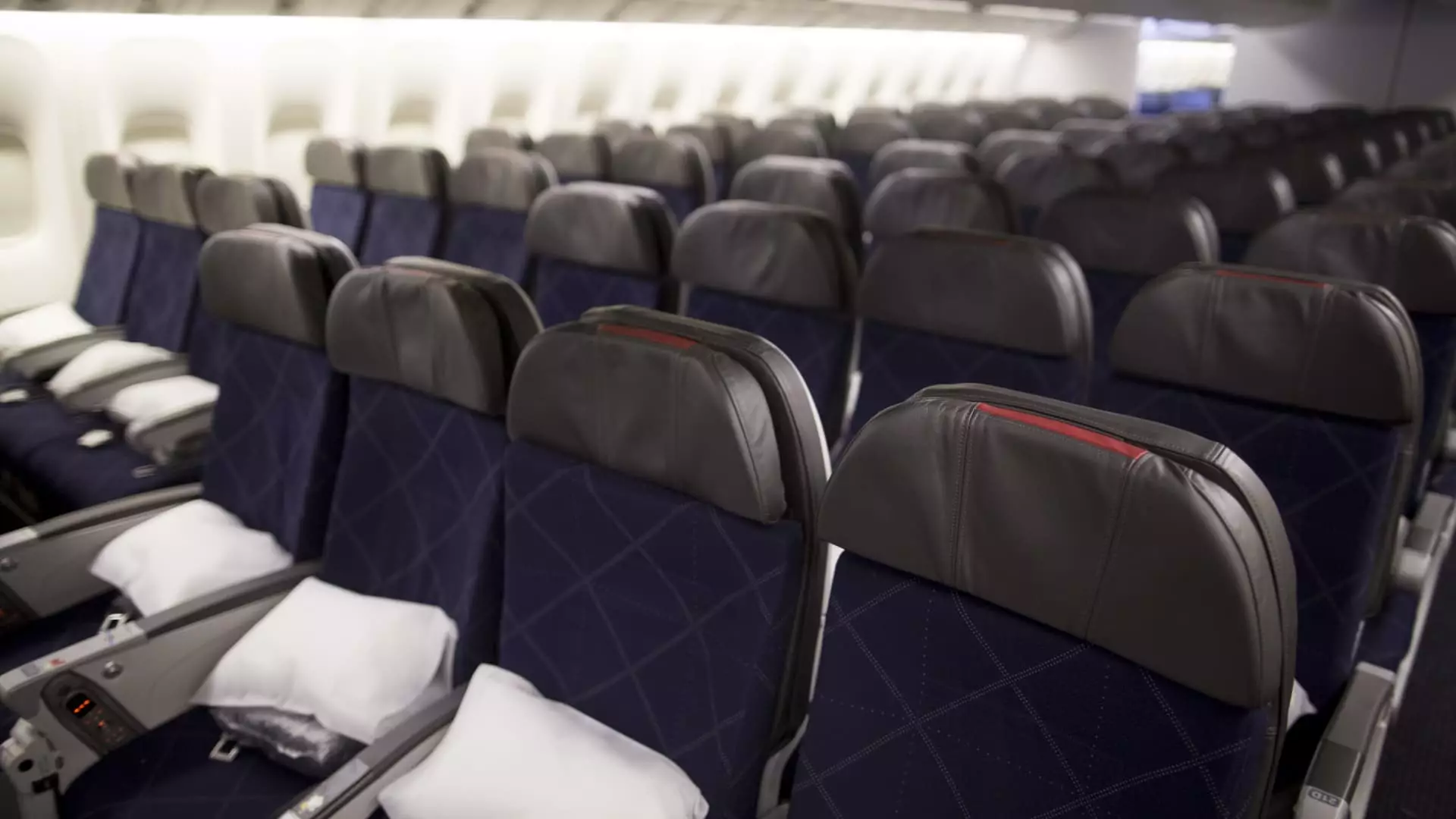In recent years, the U.S. airline industry has seen a substantial shift in its revenue model, particularly through the implementation of additional seating fees. This contentious practice has drawn the attention of the Senate Permanent Subcommittee on Investigations, which aims to address concerns regarding these “junk” fees. In a report released on November 26, it was highlighted that major carriers such as American, Delta, United, Spirit, and Frontier collectively generated an astonishing $12.4 billion from seating fees alone between 2018 and 2023. This alarming figure raises questions regarding the fairness and transparency of pricing in an industry that many consumers feel exploits their desire for comfort and convenience.
On a predetermined date, airline executives will appear before a Senate panel to defend their pricing strategies. They argue that the fees are entirely voluntary, providing customers the choice to pay more for seat selection based on personal preferences. Stephen Johnson, American Airlines’ chief strategy officer, asserted in his written testimony that services like additional legroom and preferred seating locations are clearly communicated to customers. By framing these fees as optional, airlines may perceive that they are preserving customer autonomy. However, this reasoning is met with skepticism, as it often leads to an impression of obfuscation rather than forthrightness about true travel costs.
The Biden administration, along with some lawmakers, has signaled an intention to clamp down on these widespread fees. Their argument is underscored by consumer advocacy groups that call for greater transparency in the airline pricing structure. Such political movements carry significant weight as consumers are increasingly frustrated with hidden charges that appear only during the booking process or at the airport. The airline executives’ defense is paradoxical: while they strive to demonstrate transparency in fee disclosure, many customers feel blindsided by additional costs that seem to proliferate without a clear rationale.
The Competitive Environment and Its Fallout
The competitive landscape further complicates the issue. Low-cost carriers such as Spirit and Frontier pioneered the fee-based model, which has inevitably influenced mainstream airlines to adopt similar strategies. Yet this dynamic is not without consequences; for example, Spirit recently filed for Chapter 11 bankruptcy protection. Factors such as intensified market competition, a negative public perception of the fee structure, and changing consumer preferences have tested the resilience of budget airlines.
As the Senate hearing unfolds, the future of airline seating fees hangs in the balance. The outcome may lead to significant implications for how airlines structure their pricing models. The crux of the matter remains transparency and the balance between generating revenue and maintaining customer trust. With airlines racing to add more premium features and services to capture higher revenues, it is imperative for them to critically reassess their fee structures. Whether this hearing will result in substantial reform or simply reinforce the status quo remains to be seen, but it certainly underscores a pivotal moment in the ongoing dialogue surrounding fair pricing practices in the airline industry.


Leave a Reply